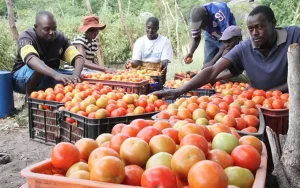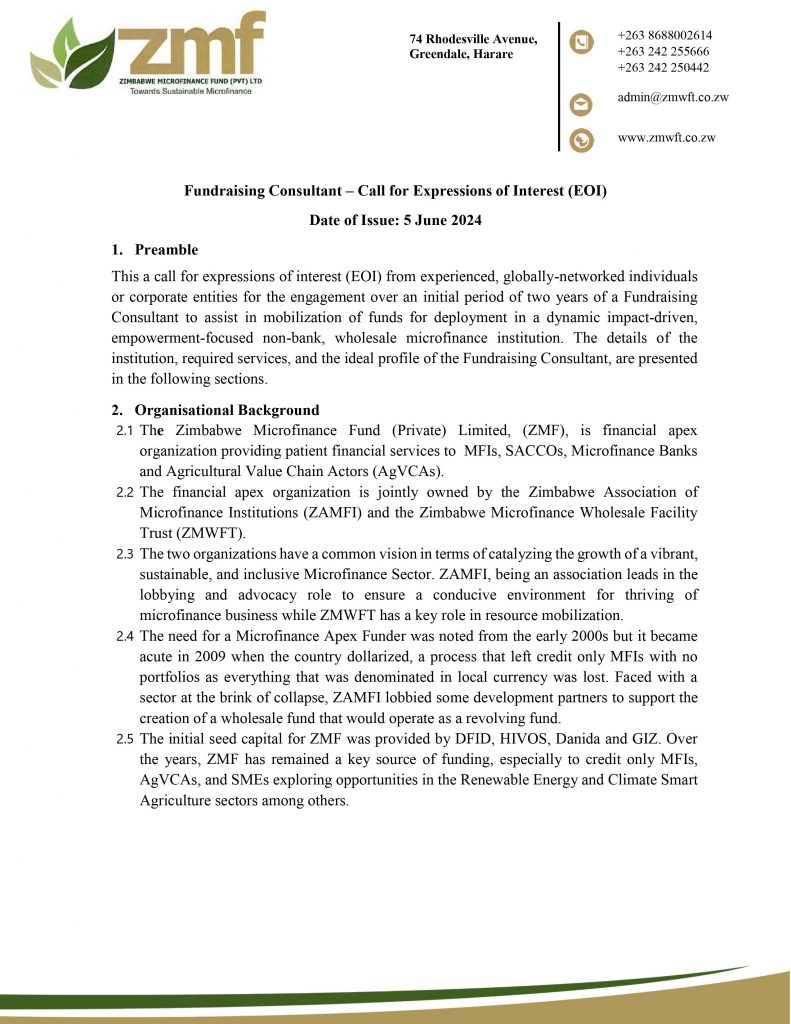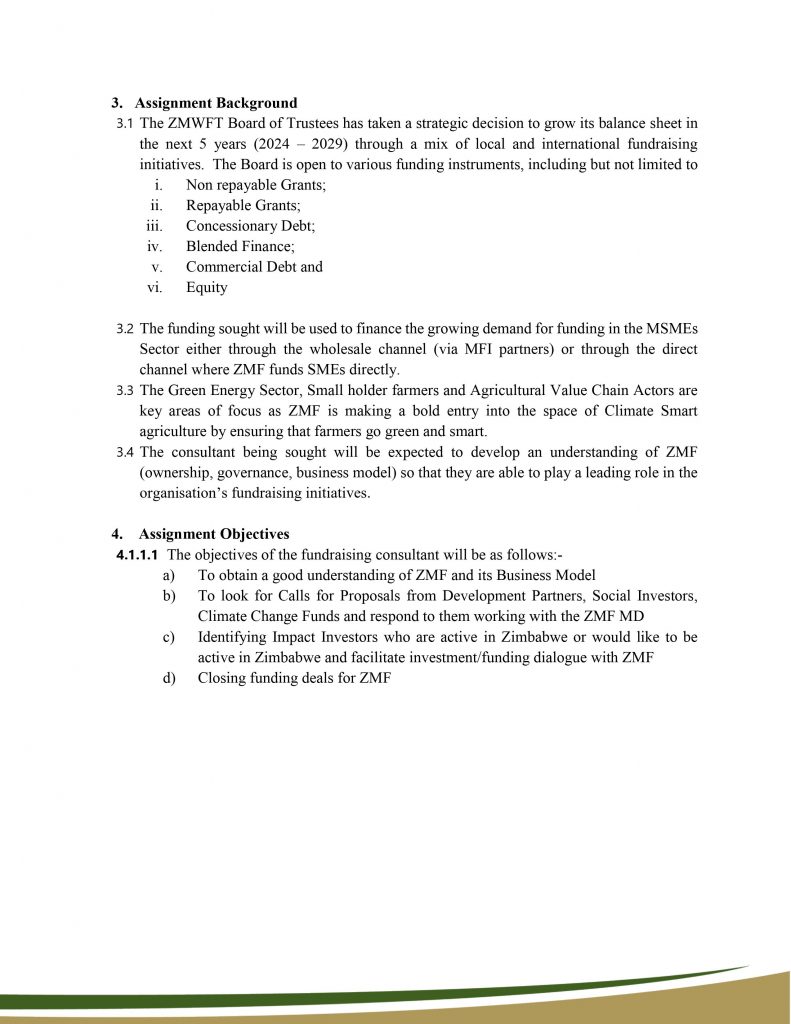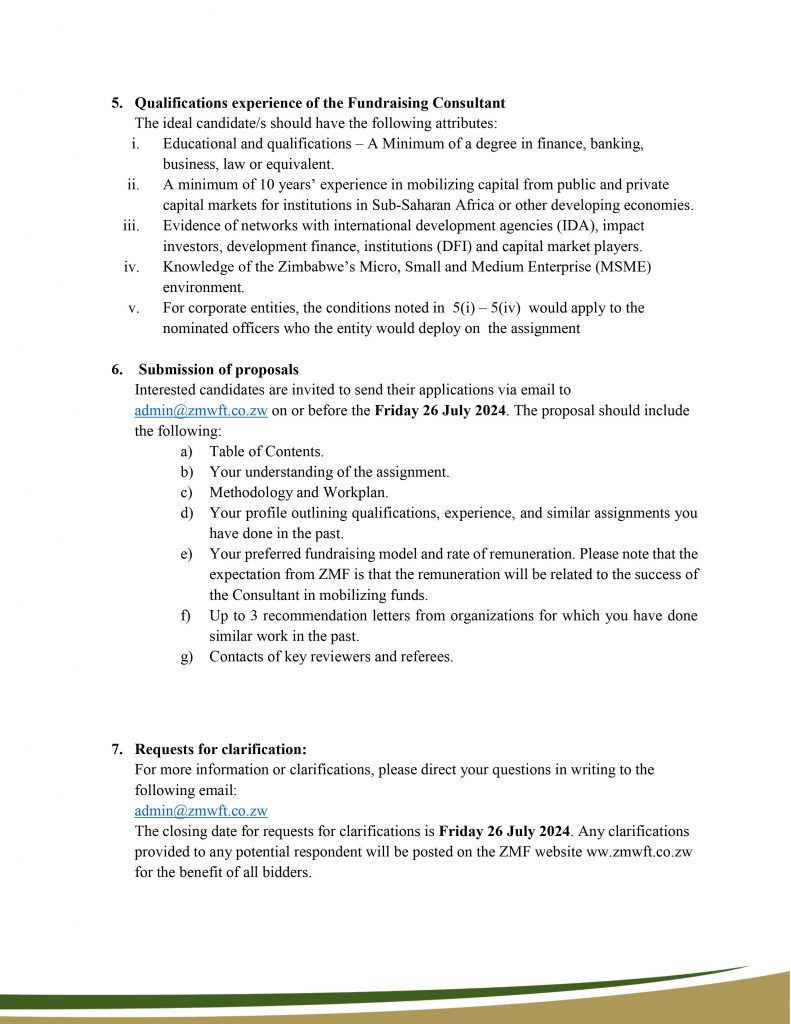A Story of Hope: Redefining Mukando for Women Empowerment
February 11, 2016
Virl Microfinance, Chitungwiza
‘Those who introduced the idea of Mukando started a very good idea’ said Mbuya Easter Chidzonga, a participant in a group microcredit scheme based in Chitungwiza. ‘It has really helped us as women and these are the same groups we are using to get small loans for our businesses’.
In the town of Chitungwiza, Virl Microfinance, a partner of ZMF, has redefined the concept of Mukando to help improve access to microfinance for women. Mukando, a Shona word which literally means to pool/throw in, is an Internal Savings and Lending (ISAL) initiative when individuals, typically women, come together as a group and pool an agreed amount of money regularly. Whenever any of the group members are in need of finance, small loans can be taken out at a nominal interest rate. However, for individuals requiring more capital than the group has at hand, pooled funds from Mukando can sometimes be inadequate for funding small scale business initiatives.
How it works
In November 2012, ZMF provided funds to Virl Microfinance disbursed to Mukando participants. This is in line with ZMF’s need to target women at the lowest levels who are sometimes not financially and economically recognisable. Systems such as the ISAL form good opportunities for women to group and share ideas, beyond financial activities. Each group ranges from 5-10 individuals. Whilst loans are made to individuals, all group members hold the responsibility for ensuring the loan is paid. Group members can conduct either joint or independent income generating projects. On a regular basis, these groups meet together to keep track on loans as well as to encourage accountability on funds. Mbuya Chidzonga belongs to a six member Mukando group. Of those six, half the group has accessed microloans. One member, Mai Gwaze has started a poultry project; whilst Mai Gawani has become a general merchandise dealer selling products such as mobile airtime, and vegetable produce. Mbuya Chidzonga recently started a cordial manufacturing business.
Benefits of group schemes
The group system has been relatively successful as it relies on informal social mechanisms to encourage loan repayment. Defaulters within a group give the rest of the members a bad credit record hence the pressure on each other to ensure that borrowed funds are paid back. Group members are also likely to group according to similar types hence improving the social dynamics of the groups and improving repayment rates. Group structures create supportive and encouraging environments for women to borrow and run projects either as groups or members in their individual capacity. In addition, group schemes lead to the creation of social networks that increase opportunities for inclusion of women in economic and political development.
This project has the potential to contribute to poverty reduction as it has created access to funding amongst low-income women. In addition, being groups primarily motivated and driven by the women themselves, they are able to foster sustainable economic development amongst women.






